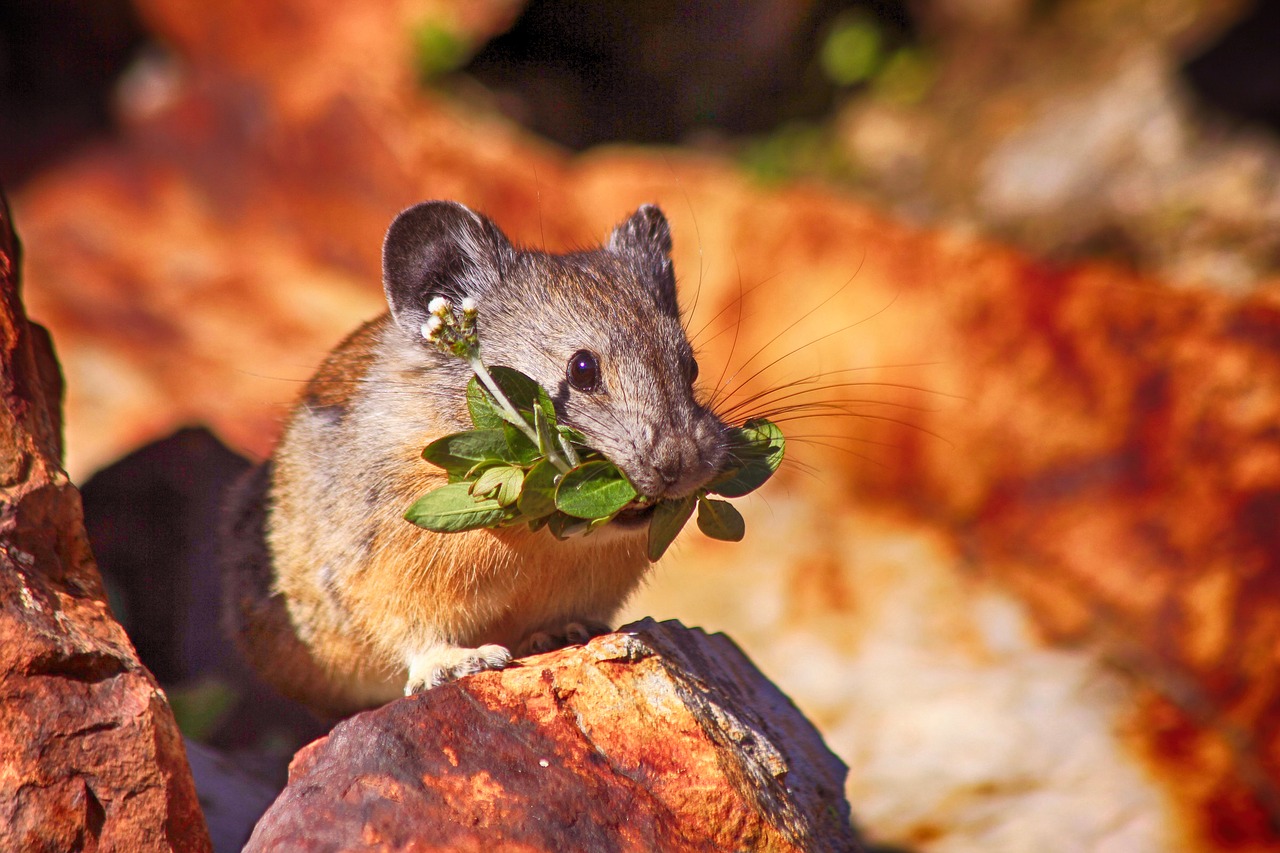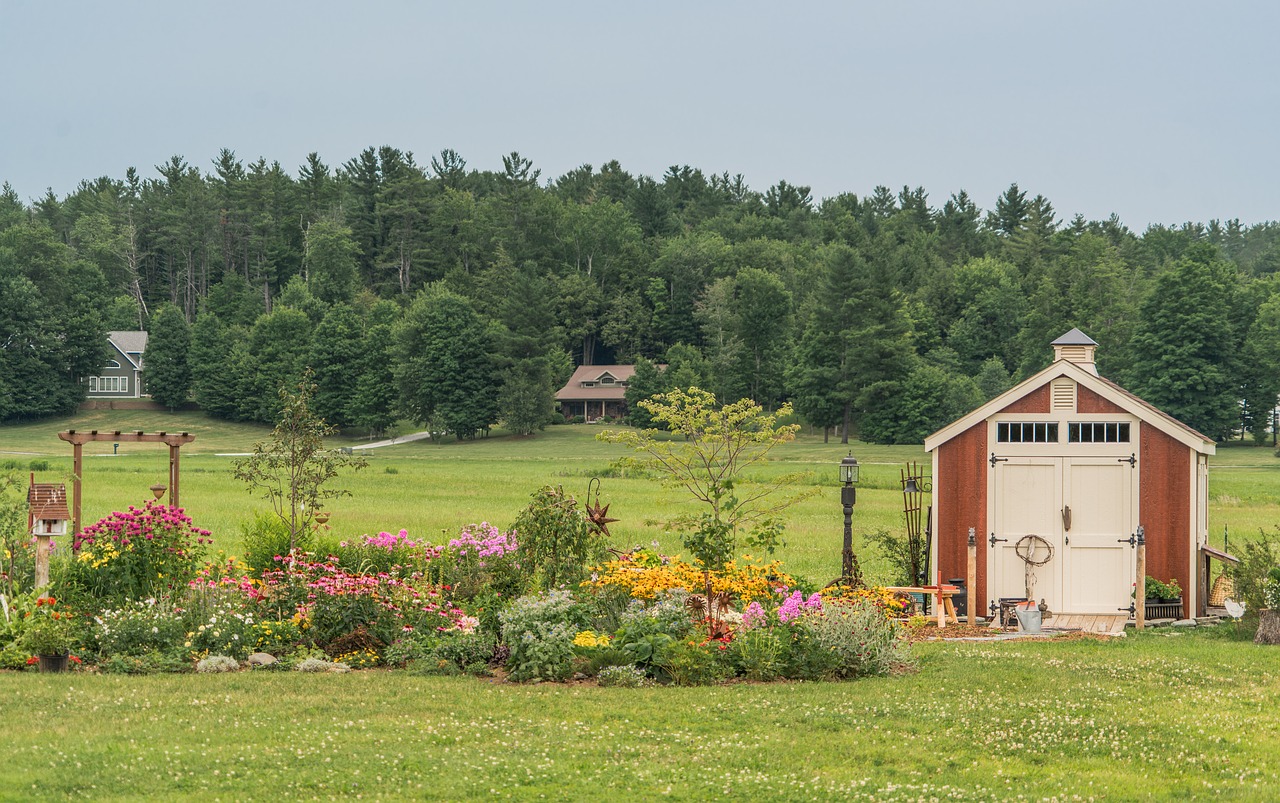Many people invest a lot of money and time into their garden sheds, making it almost like a haven at the bottom of the garden. It’s many people’s pride and joy. So that’s why it’s so important to carry out proper shed pest control.
Sheds are a very common occurrence in the London suburbs, and many pest control companies in Ilford offer sound advice on pest-proofing these garden hideaways. In this home pest control guide we’re going to look at the common pest problems in sheds, what attracts pests towards them and pest prevention.

Common Shed Pest Problems
Pests can make their way into your shed with ease, and often times you won’t become aware of it until it turns into a full blown infestation. Pest infestations can be very damaging, and the impacts can be significant if left ignored. Not only can pests destroy your possessions, but they can also impact your health too.
The most common pests found in sheds are rodents, cockroaches, wasps and spiders. Pests like cockroaches and rodents carry serious diseases which can make us very ill. Wasps are also dangerous if they make a nest in your shed, particularly if someone in your family is allergic to their sting.
Pests will enter your shed in search of food, water and shelter. Your shed is the perfect environment for them, often containing at least two of these things. Also, sheds tend to be dark and humid, which is a perfect breeding ground for many insects. When insects breed in your shed, it attracts other pests who want them as a food source. This can make the situation twice as bad, twice as quickly.
Prevention
A good quality shed will be built to keep the pests out. However if you have an older shed that pests can easily access, follow these tips to keep your shed intact:
- Inspect your shed door and windows for any cracks, holes or any other entry points a pest could use and block them.
- Remove any food source. This includes things like rotting wood or pet food. Also, any pest droppings or rubbish should be removed as well. If you have a small or large chicken feeder and you store it in the shed, make sure you clean it out thoroughly. Get rid of any crumbs or food particles that might attract vermin.
- Declutter the shed. Removing unnecessary clutter means you are eliminating hiding places which are perfect for pests. Empty boxes and unused planters should be thrown away, then any webs and insects should be swept up.
- Store any boxes or plastic containers away from the floor and walls. Seal these boxes to stop the pests from getting in and making their home there.
